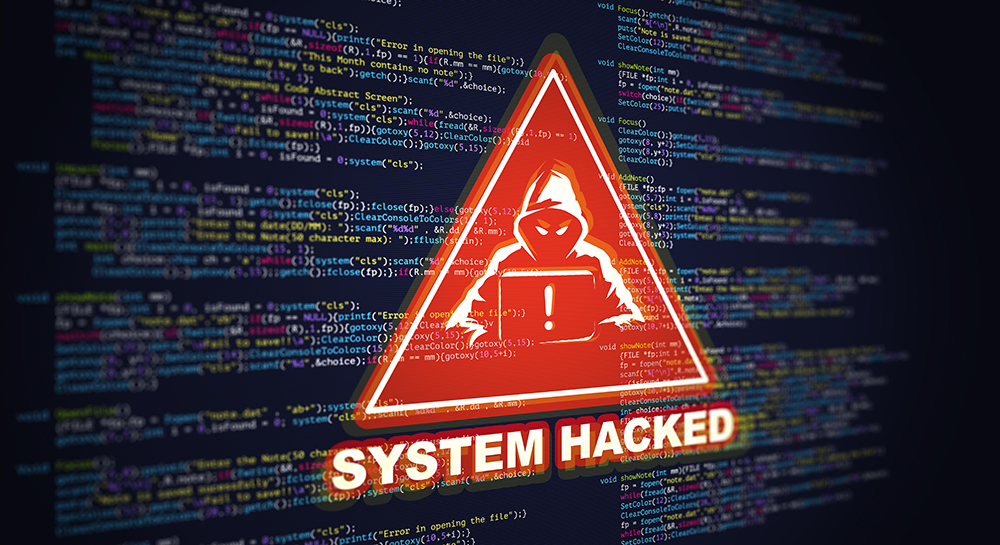Stu Salkeld,
Local Journalism Initiative Reporter
School divisions in central Alberta are coping with a huge headache related to cybercrime: what appears to be a massive ransomware attack against computer company PowerSchool that’s affected students and teachers across North America.
PowerSchool notified hundreds of schools and school divisions across North America Jan. 7 that it’s cloud-based storage system had been hacked; Readers who aren’t familiar with online storage may not know that “cloud storage” is simply a way to store data over the internet rather than on local computers.
Cloud storage may be attractive to some organizations because supporters claim it can reduce expenses.
There was some initial confusion over whether or not Clearview Public Schools student or staff data had been accessed by the outside entity; some other regional school divisions also acknowledged the breach, including Wolf Creek Public Schools and Battle River School Division, although to what extent other divisions are affected isn’t clear.
Clearview Public Schools provided an update Jan. 27 regarding the hack of PowerSchool’s systems.
Clearview confirmed it was notified Jan. 7 that PowerSchool’s system had potentially been breached and that “certain customer data” was affected, with the company noting that the breach may not have affected all its client schools.
Two days later Clearview, “…communicated to our stakeholders that the breach did not affect Clearview.”
However, it turns out that wasn’t accurate. “(On Jan. 23) PowerSchool provided updated information confirming that Clearview Public Schools was affected,” noted the Jan. 27 email from the school division.
“We deeply regret this delay and have taken immediate steps to improve communication protocols to ensure timely escalation of critical notifications in the future,” stated Clearview.
This reporter reached out to PowerSchool Jan. 30 with several questions, including why Clearview was initially told it hadn’t been affected, to confirm a CBC report of a Red Deer Public Schools source saying it was a ransomware attack and that a ransom was paid and whether or not this incident was being investigated by police. PowerSchool hadn’t responded by deadline; if they do, this story will be updated.
It appears the purpose of the attack was as “ransomware:” that is, the hackers stole information and demanded a ransom in return for a promise that the thieves would delete or otherwise not release the stolen data.
Contacted Jan. 29 RCMP K Division spokesperson Cpl. Troy Savinkoff noted since PowerSchool is an American firm based in the U.S., the RCMP wouldn’t be investigating this cyberattack.
The FBI is responsible for investigating cyber crime in the U.S. However, the FBI declined to comment at all.
Contacted on Jan. 31, Seattle FBI office spokesperson Steve Bernd stated simply, “…Department of Justice policy prohibits me from confirming or denying the existence of an investigation.”
The Clearview update noted the following student information was potentially exposed: Alberta Student Number (ASN), first and last name, date of birth, student phone numbers, home/mailing address and basic medical alert information (e.g., asthma, allergies, diabetes).
Potentially exposed staff information includes first and last name, date of birth, staff phone numbers, home/mailing address, Clearview email address and Social Insurance Numbers (SINs) for six staff members, “all of whom have already been directly contacted.”
Clearview stated in the update the school division has taken a number of steps to address the hack, including engaging cybersecurity experts, enhanced communication protocol and support for affected individuals including encouraging staff to take advantage of the complimentary identity protection and credit monitoring services offered by PowerSchool.
PowerSchool noted in a statement on its website that the cyberattack occurred on Dec. 28, 2024 through a community-focused customer service portal called PowerSource.
The FBI’s website, www.fbi.gov, does refer to ransomeware crimes and the possibility of victims paying a ransom.
“The FBI does not support paying a ransom in response to a ransomware attack,” stated the FBI. “Paying a ransom doesn’t guarantee you or your organization will get any data back. It also encourages perpetrators to target more victims and offers an incentive for others to get involved in this type of illegal activity.”
Stu Salkeld,
Local Journalism Initiative Reporter
East Central Alberta Review



